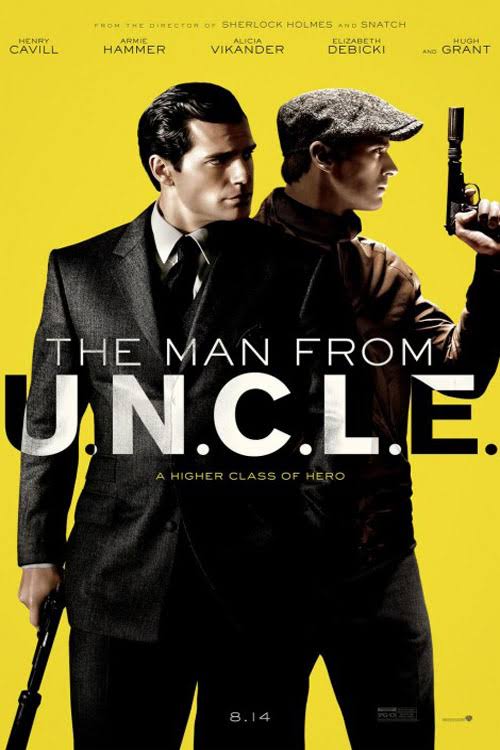I feel that that’s a provocative subject line, but it’s the root question being posed here, so… I’m reading a book. It’s a decent book. Written by a guy, four or so main characters, one of whom is a woman, and she’s beautiful, which is fine. Viewpoint Bad Guy Character creeps on her, which is creepy but okay fine he’s the bad guy. He creeps on all the other (attractive) women he encounters too. It’s gross but certainly recognizeable. Hero Viewpoint Character does not creep on her, which is good!…
Category: Philosophy of Life
The worst they can say is no.
I have no idea when my mother first told me, “You can ask. The worst they can say is no,” but it was certainly long enough ago that it’s become an irrevocable part of my attitude toward life: Always let the other guy say no. You would be *amazed* how much you can achieve by asking. Which brings me immediately into Amanda Palmer’s TED Talk: Watch it if you haven’t already, because it’s fairly inspiring, albeit in a “very few people are that brave” way. Amanda Palmer is a master…
